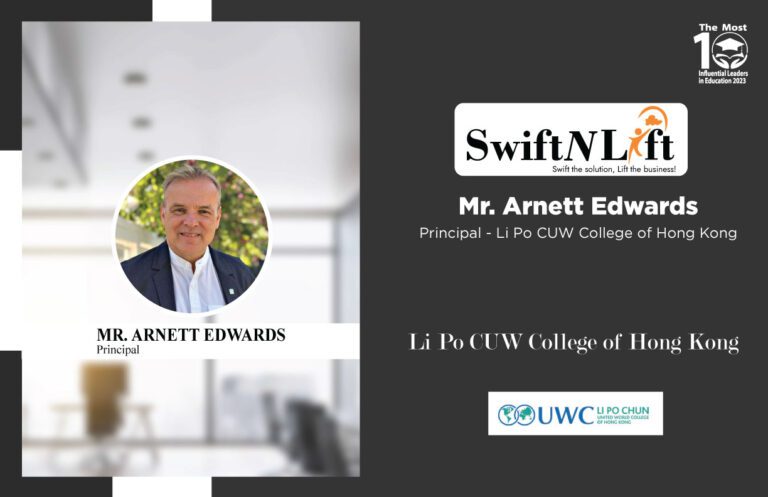
“UWC makes education a force to unite people, nations and cultures for peace and a sustainable future.”
A Retreat from the City Bustle
The birth of Li Po Chun United World College of Hong Kong (LPCUWC) can be traced back to 1978 when Sir Q W Lee and Mr. Li Shiu Tsang MBE JP, whose family had set up the Li Po Chun Charitable Trust, initiated the idea of establishing a UWC college in Hong Kong. LPCUWC accepted its first batch of students in September 1992. It was formally opened by His Royal Highness The Prince of Wales on 6 November that same year.
Located in the tranquil neighbourhood of Ma On Shan just minutes away from the bustling cosmopolitan area, LPCUWC is home to more than 250 students between the ages 16-19 from over 80 nationalities. As a tight-knit community surrounded by lush greenery, LPCUWC provides an excellent place for students to live, learn and strive, supplemented with a well-rounded experience of the city.
LPCUWC is one of the 17 UWC schools and colleges across the globe that share mission of making education a force to unite people, nations and cultures for peace and a sustainable future. It is a boarding school that goes beyond being “international” as it shares a firm commitment to diversity.
About the Principal
Arnett Edwards is the Principal of LPCUWC since August 2011. He arrived in Hong Kong in 1998 from England and experienced working in two international schools before his association with LPCUWC.
Three Pillars of LPCUWC Education
Education at LPCUWC is driven on the three pillars: Academics, Education Outside the Classroom and Residential Life.
Academics:
The academic programme at LPCUWC is shaped by the requirements of the International Baccalaureate Diploma Programme (IB). The IB Diploma is an academically challenging and balanced pre-university programme that prepares students for success in university and beyond. UWC played a leading role in its creation and continues to influence its development, addressing the intellectual, social, physical, ethical development of the student.
Education Outside the Classroom:
Education Outside the Classroom (EOTC) forms the second pillar of education at LPCUWC and is considered as the heart and soul of student life. The EOTC program is central to the UWC values and focuses on experimental learning, learning by doing in a context outside the traditional classroom to develop the whole person. The aims of EOTC are to facilitate experimental learning, learning through doing, serving others, student leadership, holistic development of the individual, and challenge and risk taking.
Quan Cai (QC) means “development of the whole person” in Chinese. It stands at the heart of EOTC program and is the program for IB’s creativity, activity and service (CAS) at LPCUWC. It offers an eclectic selection of opportunities for the students. The program is composed of four components: community service – service projects to the Hong Kong and wider community, campus service – experiences that support the running of the campus, creativity – experiences that are artistic or require creative thinking, and activity – experiences focused on physical well-being, sports and outdoor pursuits.
Residential Life
LPCUWC is a 100% residential community. Residential Life forms an important third pillar of education. Living together on the same campus enables students to learn how to share, trust, get along with others, learn from one another, and form friendships for life.



